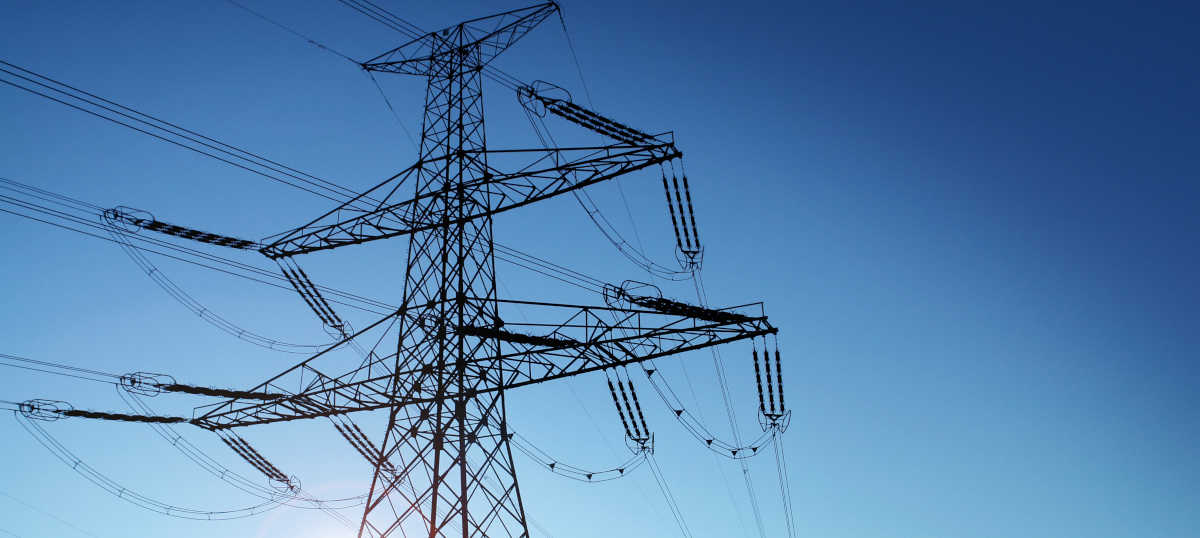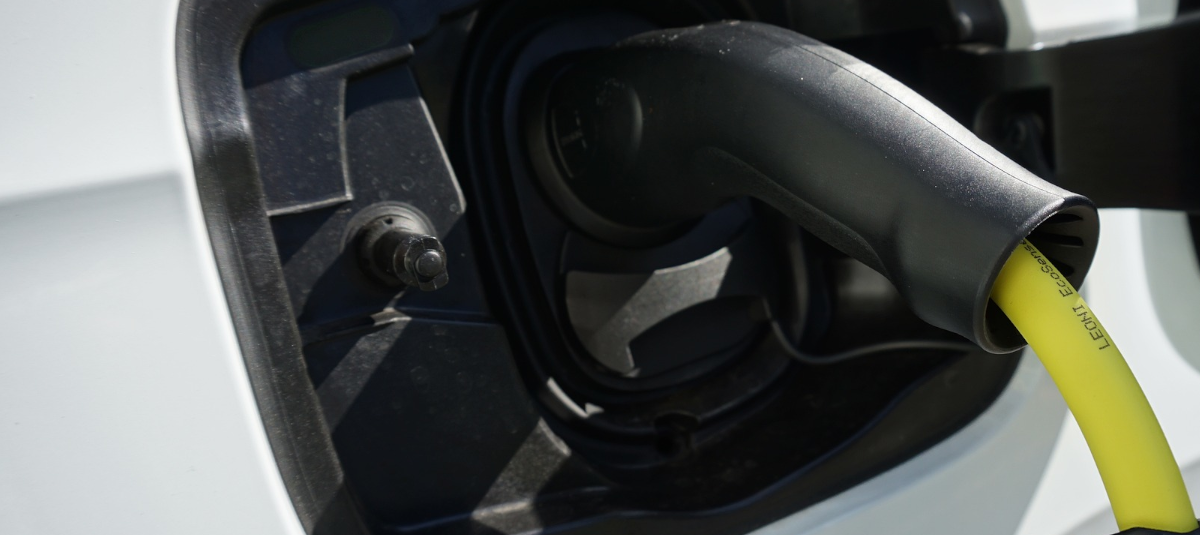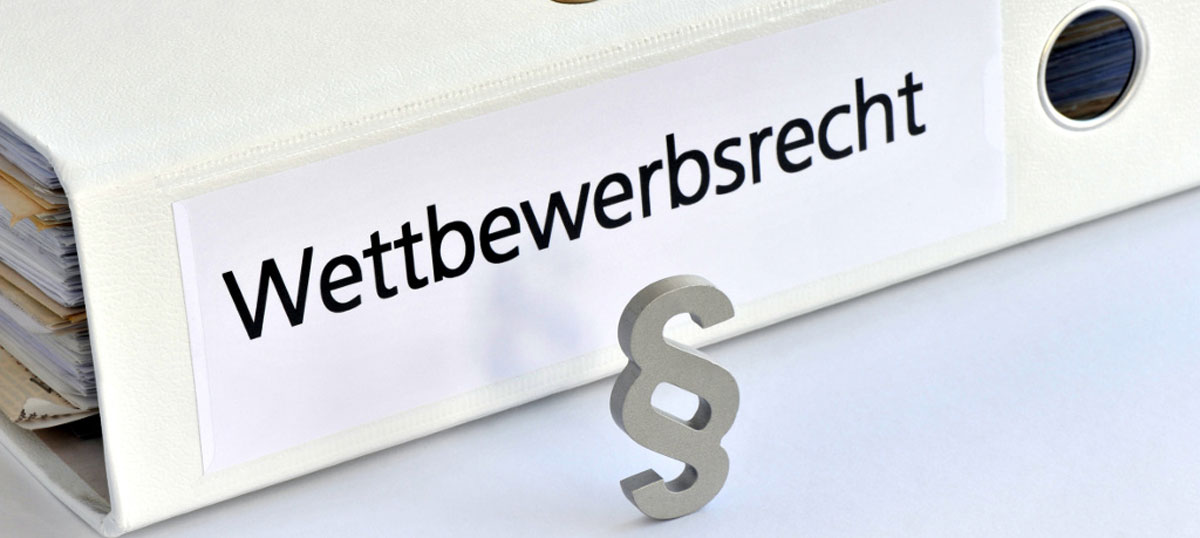Biennial Report XXIII of the Monopolies Commission under § 44(1) ARC, 29 July 2020
In Chapter III, the Monopolies Commission develops recommendations for actions to be taken by legislators and competition authorities on the basis of the German and the EU competition decision-making practice in the reporting period.
The Monopolies Commission agrees with the market definition of the Bundesgerichtshof (German Federal Court of Justice) with regard to advertising blockers. However, the Monopolies Commission points out that, in determining a dominant market position, all competitive forces must be taken into account, thereby considering all relevant market participants and the network effects occurring between them in two-sided markets.
In its analysis of the European Commission’s Google Android case, the Monopolies Commission comes to the conclusion that Article 102 TFEU provides competition authorities with an effective antitrust instrument to bring infringements to an end. Yet, the case shows that such remedies, although stopping an abusive conduct, are likely to have no competitive effect if the market structure is already damaged.
In the view of the Monopolies Commission, the German authorities and courts pay too little attention to the provisions of European Union law which are intended to ensure uniform application of the law. The courts of last instance are particularly responsible for preventing such undesirable developments.
The Bundeskartellamt (German Federal Cartel Office) has relaxed the rules on individual advertising at the Olympic Games but has limited its decision to German athletes. The Monopolies Commission considers it necessary that the competition authorities ensure equal conditions within the European Union in such cases. It may thus be required that the European Commission takes action. The European Commission should also consider adopting guidelines for the application of EU competition law to the sports sector.
The Bundeskartellamt has cleared the joint expansion of fibre-optic networks by Deutsche Telekom and EWE in north-west Germany. The Monopolies Commission concludes that the commitments accepted are in principle suitable to counteract the restrictions of competition resulting from the establishment of the joint venture. However, the Monopolies Commission recommends excluding from the cooperation those areas in which a network rollout would be viable without cooperation in similar cases in future.
With regard to the central marketing of the German Soccer League, the Bundeskartellamt has approved the marketing model for the broadcasting rights covering the seasons from 2021/2022 on the basis of preliminary investigations. However, the decision does not sufficiently address the issue of limited price competition. It is recommended that the economic effects of central marketing be recorded more systematically.
In view of the different assessment of most favoured nation (“MFN”) clauses within the European Union, a referral to the European Court of Justice should be made if an appeal is lodged with the Bundesgerichtshof in the Booking.com case. Economic studies reach ambivalent conclusions on the competitive effects of narrow MFN clauses. Therefore, the Monopolies Commission recommends further analysis of efficiency gains and anticompetitive effects of narrow MFN clauses. In any case, a general ban on such clauses should be avoided.
The Monopolies Commission recommends supplementing the reasons for reopening commitment proceedings with the possibility for the competition authority to adopt a commitment decision with a reservation of withdrawal. The provision should reflect the fact that a withdrawal is only possible if the effects intended by the commitments, but ultimately not achieved, are already specified in detail in the commitment decision.
Downloads:
- Review of competition decisions and judgments (Excerpt of Chapter III of the XXIII. Biennial Report, in German language)















